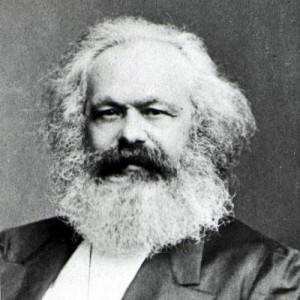 To Ellen Shaw Barlow
To Ellen Shaw Barlow
Hotel Bristol
Rome. October 19, 1935
I don’t know what I may have said that misrepresented my mother’s relations with the Sturgis family. I am sure she had a real “culte” for them, especially for your mother and for “Uncle Russell” and “Uncle Robert”. Their characters, their persons, and their way of living were what she thought absolutely right and superior to anything to be found elsewhere. She especially despised, in comparison, Spanish ways and Spanish ideas. That is why I have never been able to make out why she ever married my father. But there were probably strands in her character and experience which I had no notion of, having known her only in her old age, when she was very silent and led a retired resigned and monotonous life. Family history, and even one’s own past, are hard to decipher unless you have documents to go by. It is like deciphering the Roman Forum. There are the stones, perfectly plain; but they belong to different strata and it is impossible to piece anything out of them that shall correspond to what existed at any one time. The reason you say my mother gave for Susie’s not staying in the Convent—that Susie liked meat and not vegetables—is most characteristic of my Mother. She believed in dialectical materialism before anyone had heard of Karl Marx. And if we take that saying symbolically, I think it was most true, because religion with Susie was a social passion, not a spiritual one, and in her enthusiasms there wasn’t very much peace. She was certainly not made to be a nun; but she was driven to make that experiment by dissatisfaction with her surroundings after the fun of first youth was gone.
From The Letters of George Santayana: Book Five, 1933-1936. Cambridge, MA: The MIT Press, 2003.
Location of manuscript: The Houghton Library, Harvard University, Cambridge MA
